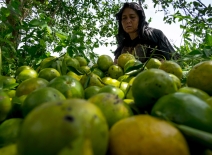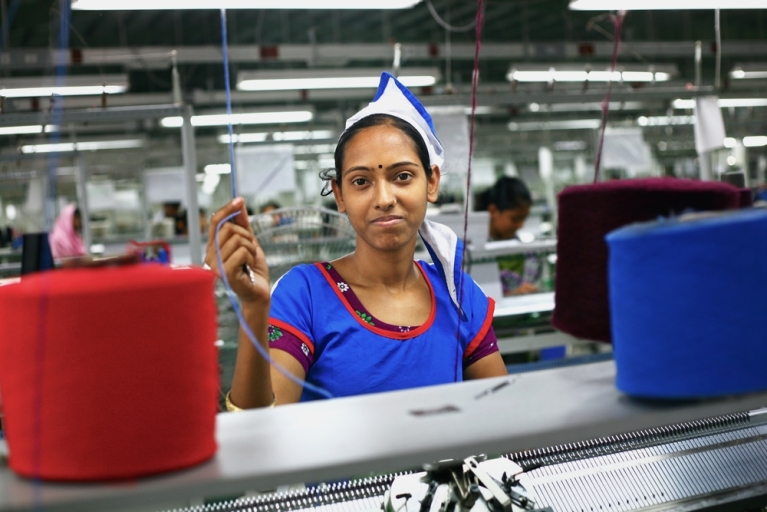Gender equality is not only a matter of human rights — it is essential to building fair, resilient and sustainable global supply chains.
Yet across the world, women working in supply chains remain disproportionately affected by discrimination, low pay, insecure work, and gender-based violence and harassment.
Gender equality is a complex and intersectional issue that requires a long-term approach. Achieving gender equality requires changes in how many companies operate, recognising and addressing the systemic inequalities that affect workers along the lines of gender. This requires taking a gender lens to the way workplaces are structured and organised to understand the needs that workers have according to their genders — and to identify the interventions required to avoid perpetuating systemic inequalities.
Why gender equality matters in supply chains
Women make up a significant proportion of the global supply chain workforce — especially in sectors such as manufacturing and agriculture. However, they are concentrated in low-paid and insecure positions, and under-represented in leadership or decision-making spaces.
Women are also more likely to experience the follow issues precisely because their needs and their experiences are not taken into sufficient consideration through their representation in the design of workplace policies:
- Unequal access to grievance mechanisms and representation
- Unpaid care burdens affecting their working hours
- Discriminatory workplace practices, including pregnancy and maternity discrimination
- Gender-based violence and harassment at work
Unless companies actively identify and respond to these realities, their HRDD efforts risk missing or even reinforcing harm.
GAIA principles to end gender-based violence and harassment in commercial agriculture and fisheries

The business case for a gender responsive human rights due diligence
Gender-responsive approaches actively address inequalities using a gender lens, which is both good practice and good business sense.
Companies that proactively address gender inequality benefit from:
- More inclusive and motivated workforces
- Improved productivity and retention
- Stronger risk mitigation in relation to abuse, harassment, and reputational damage
- Greater alignment with investor expectations, reporting standards, and international frameworks such as the UN Guiding Principles on Business and Human Rights
Gender-responsive due diligence helps companies identify overlooked risks, understand the diverse experiences of workers, and develop more effective solutions — making fairer and safer workplaces for everyone and contributing to long-term supply chain resilience.

ETI's gender-responsive HRDD work
The Ethical Trading Initiative (ETI) supports companies to build gender equality into their supply chain practices through a range of practical initiatives. Our work includes:
- Gender data and diagnosis tools – Supporting companies to analyse supply chain data through a gender lens and identify gender-specific risks and gaps.
- Workplace interventions – Partnering with members to deliver targeted programmes addressing gender-based violence, women’s voice and leadership, and equitable access to decent work.
- Guidance and partnering for growth – Providing resources, learning platforms, and supporting local engagement to strengthen member capability on gender-responsive HRDD.
- Multi-Stakeholder collaboration – Working with trade unions, NGOs, and companies to shift sector-wide norms and embed gender equality in supply chain governance.
Through these initiatives, ETI empowers businesses to move beyond compliance — towards transformative action that delivers real change for women workers.

